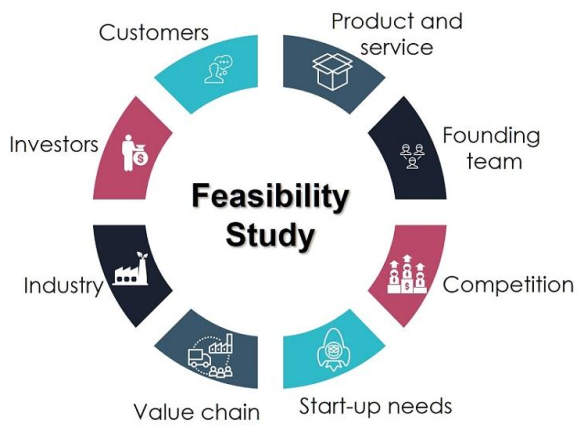
Land/Property Valuation in Kenya: Essential Insights for Prospective Property Buyers
Land valuation is a critical step in the real estate process, particularly when considering purchasing property in Kenya. Understanding property valuation, the factors influencing land values, and how to effectively study the real estate market will empower you to make informed decisions and secure your ideal property. Here’s a comprehensive guide to help you navigate this complex process.
1. Understanding Property Valuation
Property valuation is the process of determining the current worth of a piece of land or property. This valuation is conducted by professional valuers who assess various aspects of the property to estimate its market value.
Types of Property Valuation
- Market Value: The estimated price a property would sell for in a competitive market.
- Investment Value: The value of a property based on its potential income generation.
- Assessed Value: Used primarily for taxation purposes, based on specific criteria set by local authorities.
- Reinstatement Value: The cost to rebuild the property from scratch.
2. Factors Influencing Land/Property Values
Several factors can influence the value of land and properties in Kenya:
a. Location
- Proximity to Amenities: Properties close to schools, hospitals, shopping centers, and transportation hubs generally have higher values.
- Neighborhood Status: Areas with established infrastructure and reputable neighborhoods tend to command higher prices.
- Accessibility: Easy access to main roads and highways can significantly boost property values.
b. Land Size and Shape
- Size: Larger plots often have higher values, though this can vary based on the location and intended use.
- Shape: Rectangular or square plots are usually more valuable than irregularly shaped ones, as they are easier to develop.
c. Infrastructure and Development
- Utilities: Availability of essential services such as water, electricity, and sewerage systems enhances property value.
- Development: Ongoing or planned infrastructure developments (like roads and public transport) can increase land values.
d. Market Trends
- Supply and Demand: High demand and low supply in a particular area can drive up property prices.
- Economic Conditions: Broader economic factors such as inflation, interest rates, and economic growth affect real estate values.
e. Legal and Regulatory Factors
- Title Deed: A clear, uncontested title deed adds value, as it assures ownership rights.
- Zoning Laws: Properties within designated zones for residential, commercial, or mixed-use purposes can have different values.

3. What You Need Before Buying Your Dream Property
Before purchasing property in Kenya, consider the following:
a. Financial Preparation
- Budget: Determine your budget, including additional costs such as legal fees, stamp duty, and registration fees.
- Financing: Explore mortgage options or other financing methods if needed. Understand the terms and conditions associated with them.
b. Due Diligence
- Title Verification: Ensure the property has a clean title deed with no encumbrances. Verify ownership and check for any legal disputes.
- Property Inspection: Conduct a thorough inspection to assess the condition of the property and any potential issues.
c. Legal Documentation
- Sale Agreement: Review and understand the sale agreement. It should clearly outline the terms, conditions, and obligations of both parties.
- Government Approvals: Confirm that all necessary approvals and permits for the property are in place.
d. Valuation Report
- Professional Valuation: Obtain a valuation report from a registered and licensed valuer by the Valuers Registration Board to understand the true market value of the property. This report will help you negotiate and make informed decisions.
4. How to Study the Real Estate Market
To make informed decisions about buying property, studying the real estate market is crucial:
a. Market Research
- Trends: Stay updated on current market trends, including property prices, demand, and supply in different areas.
- Comparative Analysis: Compare property prices in similar neighborhoods to gauge the value of the property you are interested in.
b. Local Real Estate Agents
- Expert Advice: Consult local real estate agents and valuers who have in-depth knowledge of the market and can provide valuable insights.
- Property Listings: Review property listings to understand the types of properties available and their pricing.
c. Economic Indicators
- Economic Reports: Analyze economic reports and forecasts that could impact the real estate market, such as changes in interest rates or government policies.
d. Networking
- Real Estate Forums: Engage in real estate forums and communities to gather opinions and experiences from other property buyers and investors.
- Local Insights: Connect with local residents and business owners to gain insights into the neighborhood and its development.
Conclusion
Understanding land valuation and the factors that influence property values is essential for making informed real estate decisions in Kenya. By conducting thorough research, seeking professional advice, and preparing adequately, you can navigate the property market effectively and secure your dream property with confidence.




Join The Discussion